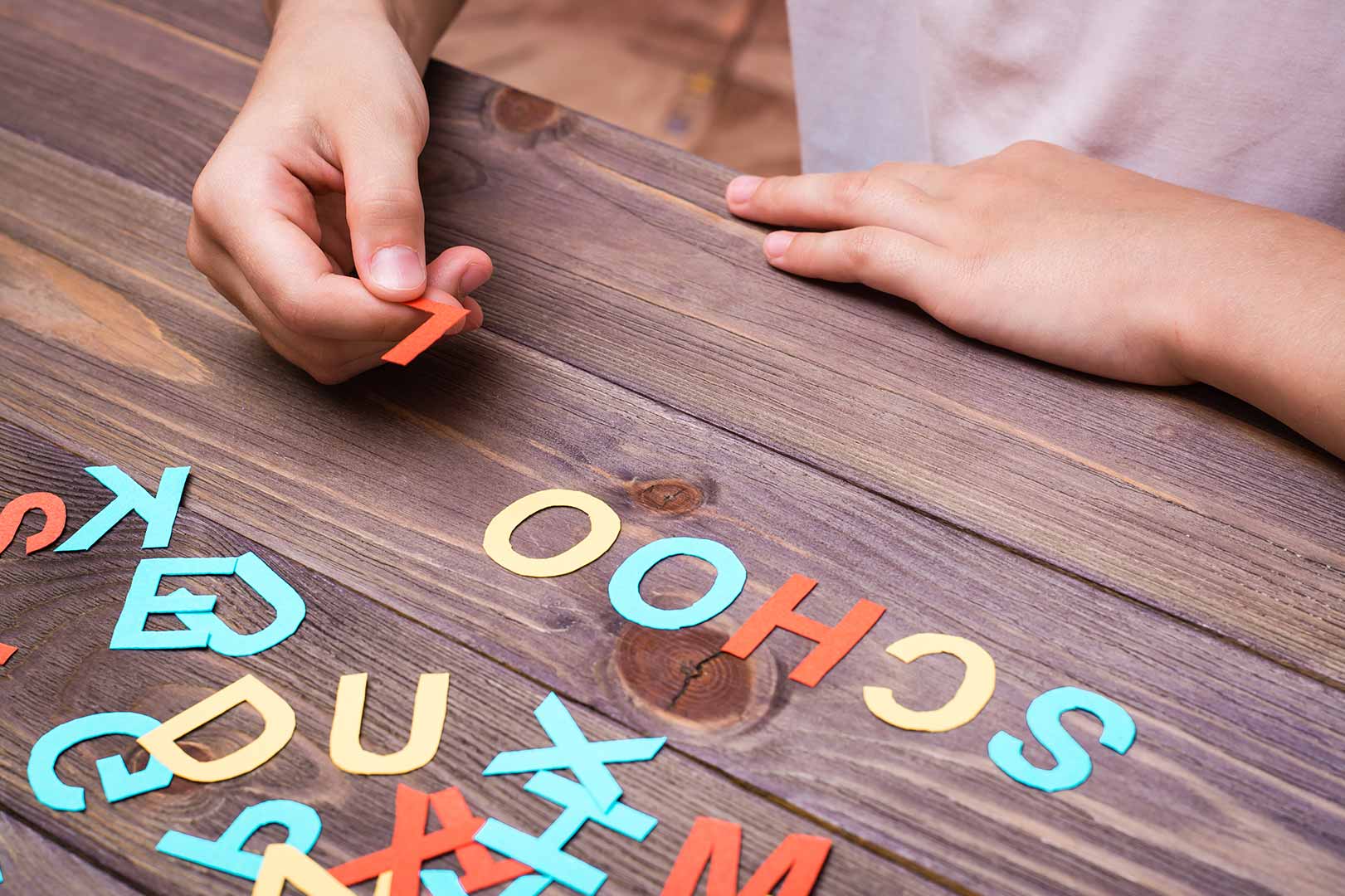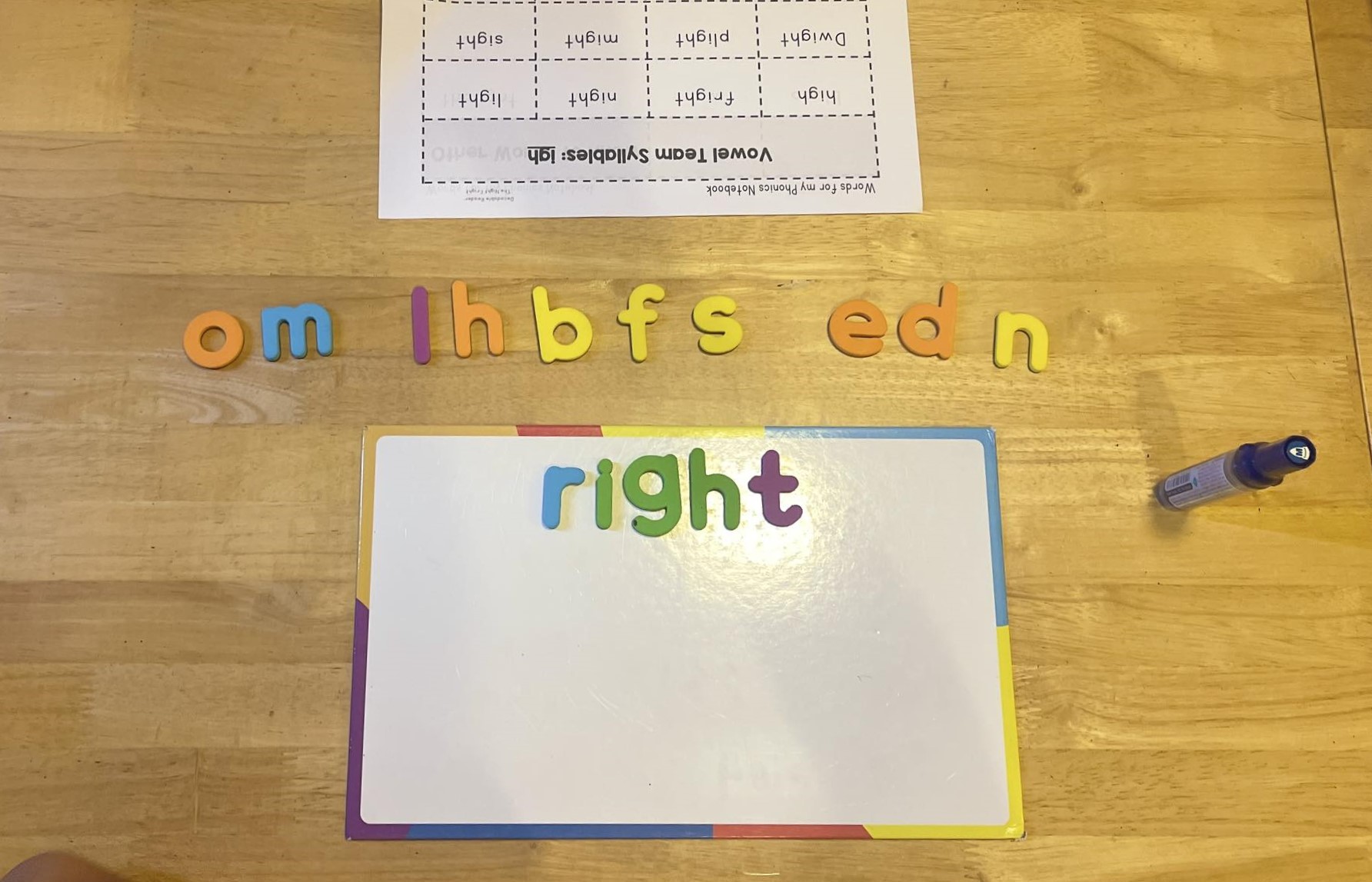Dyslexia is a learning disorder that can make it difficult for people to read, write, and spell. However, with the right teaching methods, students with dyslexia can succeed in school and beyond.
Here are some tips on how to teach students with dyslexia:
- Use multisensory instruction. This means using a variety of senses to help students learn, such as sight, hearing, touch, and movement. For example, you could use flashcards with pictures, read aloud to students, or have them trace letters and words with their fingers.
- Break down tasks into smaller steps. This can help students stay focused and avoid feeling overwhelmed. For example, if you are asking students to write a paragraph, you could break it down into smaller steps, such as brainstorming ideas, writing a rough draft, and editing the final product.
- Provide clear and concise instructions. Students with dyslexia may have difficulty understanding complex or lengthy instructions. Make sure your instructions are clear and easy to follow.
- Give students extra time to complete tasks. Students with dyslexia may need more time to process information and complete assignments. Be patient and understanding, and allow them the extra time they need to succeed.
- Use technology to support learning. There are many assistive technology tools that can help students with dyslexia learn more effectively. For example, text-to-speech software can read aloud text, and word prediction software can help students spell words correctly.
In addition to these general tips, there are a number of specific teaching methods that can be effective for students with dyslexia. Some of these methods include:
- The Orton-Gillingham Method: This method focuses on teaching students the connection between letters and their sounds.
- The Lindamood-Bell Method: This method uses visual and kinesthetic techniques to help students learn to read and spell.
- The Wilson Reading System: This method focuses on teaching students how to decode words and build fluency.
It is important to note that there is no one-size-fits-all approach to teaching students with dyslexia. The best approach will vary depending on the individual student’s needs and learning style. However, by following these tips and using evidence-based teaching methods, you can help students with dyslexia reach their full potential.
Find out if your child needs extra support today!
- My child screams hysterically
- My child is mean to other children
- My child is always worried
- My child is scared to go to school
- My child is scared of loud noises
- My child doesn’t know how to read
- My child is scared to play outside
- My child does not respond to his name
- My child always gets in trouble
- My child fights with other children
- My child doesn’t know how to count
If you are concerned about your child’s development, contact us for Assessments: Phone/Telegram: 077.455.993 – Telegram Link: https://t.me/OrbRom
If you are concerned about your child’s development, contact us for Assessments.
Phone/Telegram: 077.455.993 Link: https://t.me/OrbRom






Leave A Comment